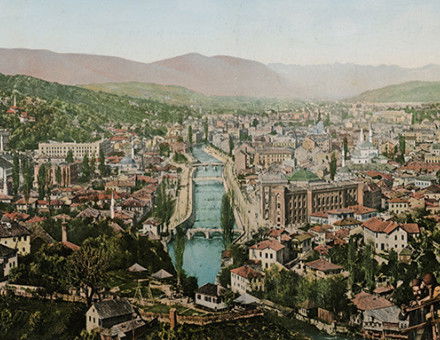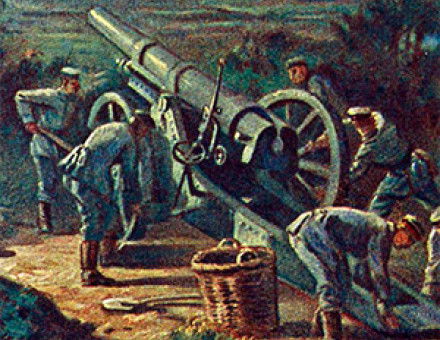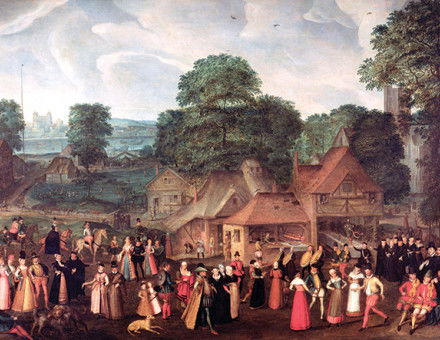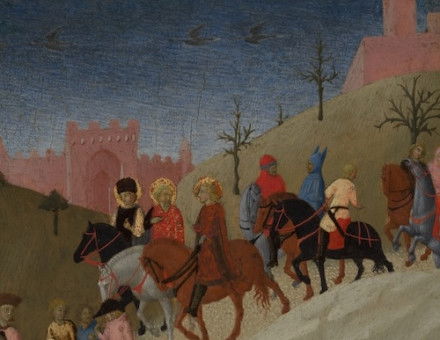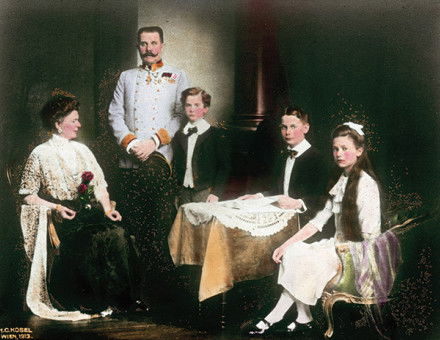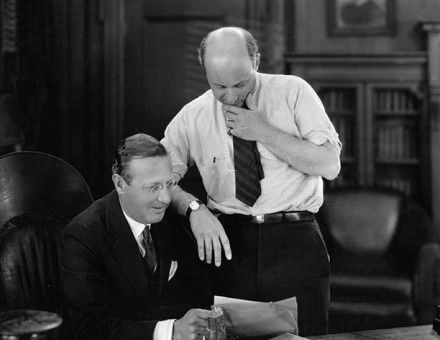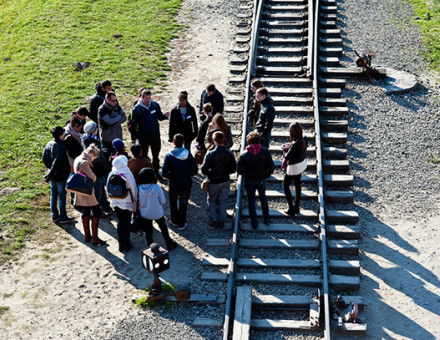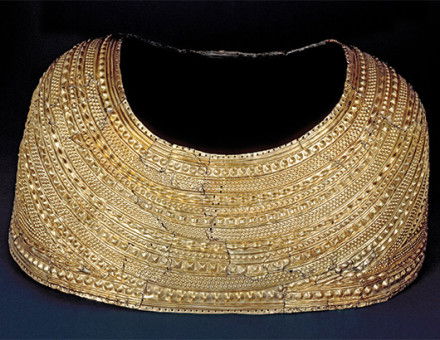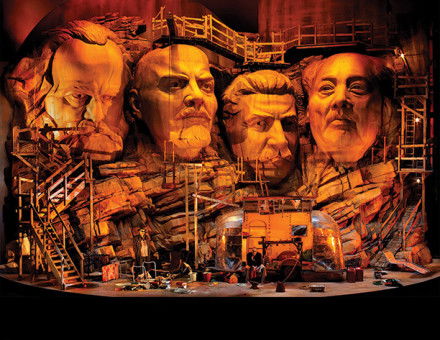The Good Woman of Sarajevo
Mary Sparks describes a female citizen of Sarajevo, whose life in the city coincided with the period of Austro-Hungarian rule in Bosnia and whose impact on the social and cultural events reflected the modern aspirations of the city in the time leading up to the First World War


